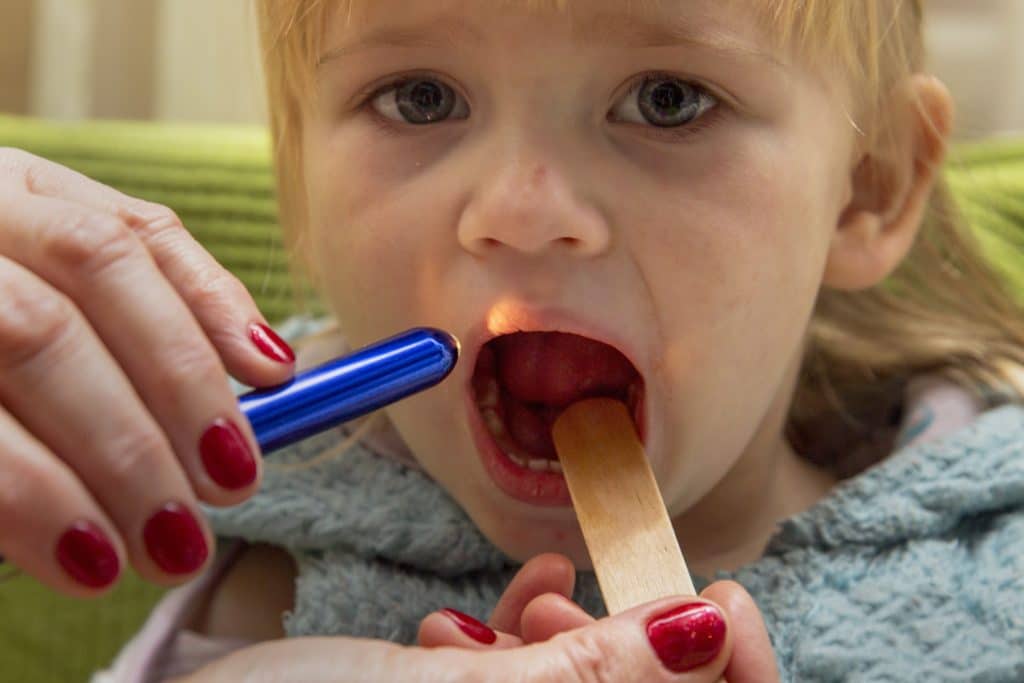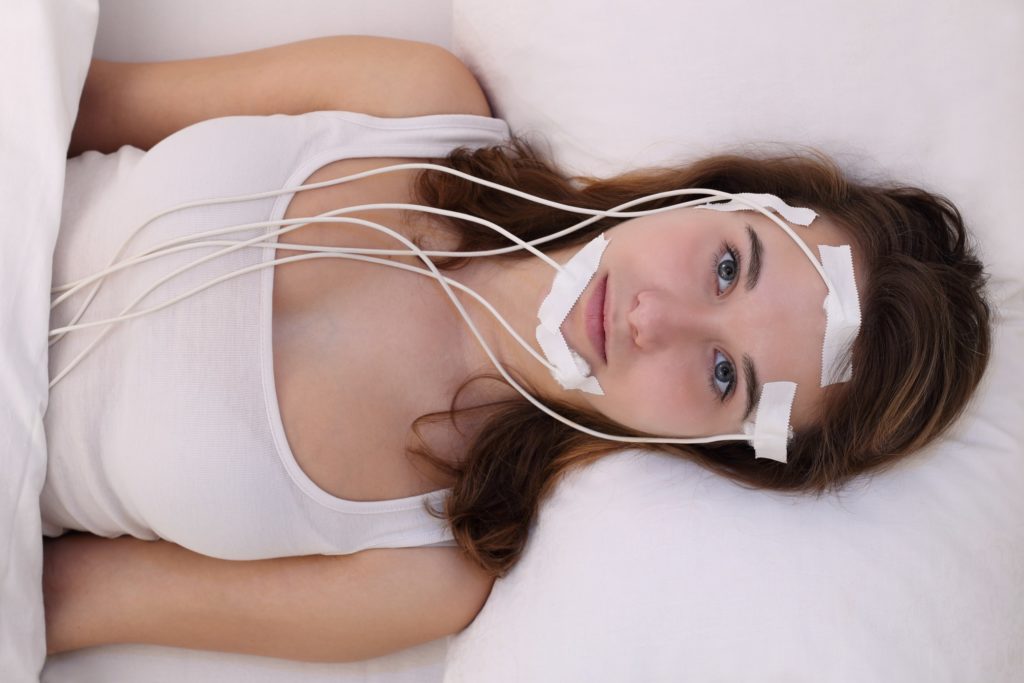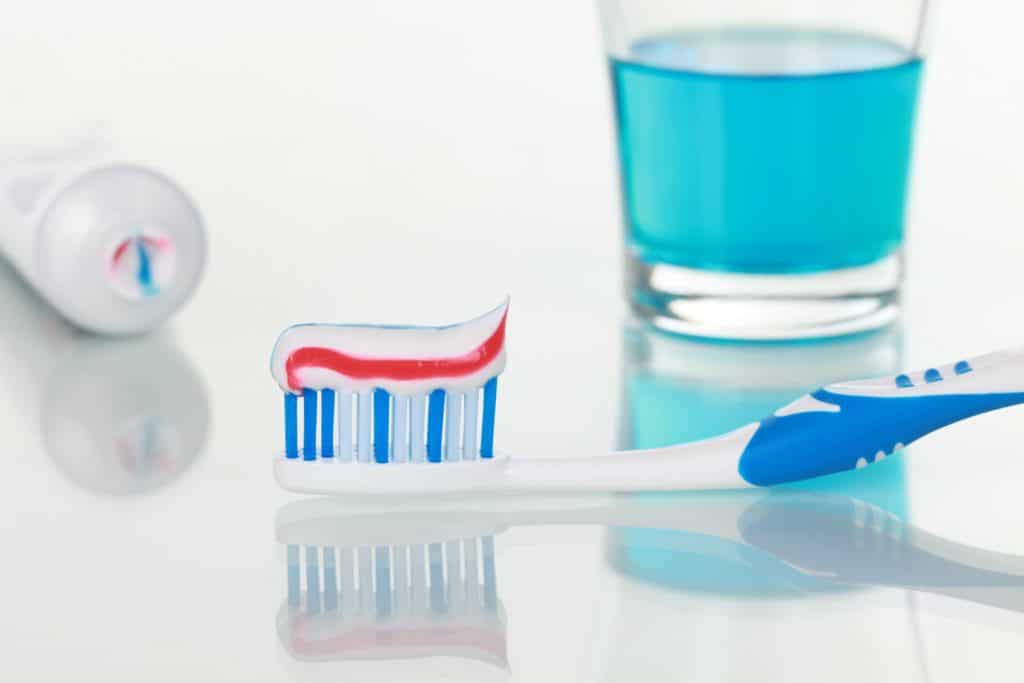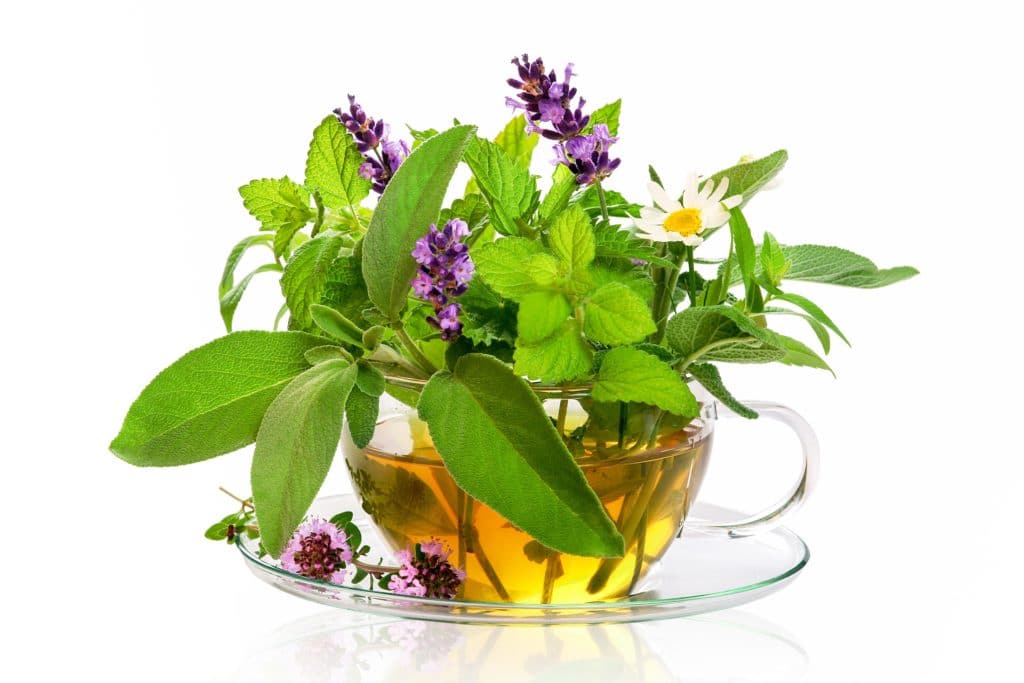A disturbed sense of Taste often occurs in conjunction with a strong cold or a sinus infection. After Healing of the infection, and the taste is usually fully intact. Other causes are, respectively, the loss of flavor persists, be sure to consult your doctor.
Table of contents
This taste can be caused
The taste is feel completely fine, this is called Normogeusie. Three regions in the body are necessary. These must function together to allow normal taste sensation. In the case of a loss of taste one of the three regions is disturbed and this can lead in the worst case, a total failure, Ageusia,.

The sense organ for taste
The sense organ for taste consists of taste buds located to Thousands in the area of the tongue and the palate. Thus, five different flavors, such as sour, sweet, salty, bitter and umami. The term umami comes from the Japanese and means as much as “delicious” or “tasty” and embodies the taste of salts of the amino acid glutamate, which occurs in proteins.
The Cranial Nerves
Of the twelve cranial nerves that we have people that are responsible for taste. These are the cranial nerves VII, IX, and X. These nerves transmit information from the taste buds to the brain. Any changes here, this can result in a loss of taste.
The Brain
In the brain the information collected together, processed and then for us as a discernible taste. Here, too, the cause for a loss of taste.
Causes of Ageusia
As already mentioned, are the reasons for a loss of taste in all three for the taste of the important areas of the body.
Impairment of the taste buds
Taste can be buds for a short time or permanently damaged. Causes infections or infections (for example scarlet fever), chemotherapeutic agents, radiotherapy, and autoimmune diseases, such as Sjögren’s syndrome. Other triggers deficiency of Vitamin B12 or iron deficiency, causing the tongue and oral mucosa are affected. This may lead to a flavor restriction, or a loss of taste.
Alcohol, nicotine, and certain medications (for example, an anti-fungal with the active ingredient, terbinafine) or mouth rinses (containing the active ingredient chlorhexidine) are also among the causes. Other triggers include kidney and liver diseases, Diabetes mellitus, Thyroid malfunctions and lack of oral hygiene.

Impairment of the three cranial nerves
Cranial nerves can be damaged, what is the Information interferes with transmission of the taste buds to the brain. This can lead to a loss of taste. Causes for the impairment of the brain nerve surgery, brain tumors, Encephalitis (inflammation of the brain), Neuritis (nerve inflammation) or due to a skull base fracture, injury of the brainstem, or the cerebrum.
Impairments of the brain
The cranial nerves pass on the taste information to the brain. There is a fault there is a problem with the taste in any way. A possible cause for the Presence of Alzheimer’s disease, brain cells die, for example. Other causes are tumors, severe injuries to the skull, Multiple sclerosis, epilepsy, and brain. Also Depression can result as an accompanying symptoms, a loss of taste.
Going to the doctor
In the case of taste disorders and the loss of taste of going to the doctor is inevitable. A detailed medical history is a very important prerequisite for this is to find out the cause for the loss of taste. Doctor ask various questions, such as, for example, since when and to what extent, the taste is affected, whether the loss of taste came, suddenly, or very slowly increased.
Furthermore, it is important to know whether, in addition to the taste disorders also have problems with the Smell or other discomfort such as dizziness, blurred vision, numbness or headaches. Also, it is queried what medications are taken, whether smoked and/or regularly drank alcohol, and what diseases are already present. Thereafter, a physical examination, and laboratory studies, and often be arranged for more Inspections to a specialist (ENT specialist, radiologist, neurologist).
In some cities, special centres for taste disorders exist. These are particularly well-prepared for the Affected. Just in terms of diagnosis and treatment, these centers are a recommended point of contact.
Special Investigations
Include special investigations, the electric gusto audiometry and the measurement of the brain waves. In the case of the electric gusto metry taste buds will be tempted with a little electricity, resulting in a taste perception is triggered. However, this study is not very safe, because of the stimulus of the taste buds to trigger a subjective perception.
An objective Review, measured the brain waves. Electrodes placed on the scalp, register taste stimuli, triggered by different flavors. Using this method, it is possible to determine in which Region the fault is: in the case of the taste buds, in the cranial nerves or in the brain itself.

A range of Other procedures such as CT (computed tomography), MRI (magnetic resonance imaging), Sialographie (Review of the salivary glands), and a lumbar puncture (this is taken from a bit nervous of water), in addition to an examination at the dentist applied. Possibly a biopsy of the oral mucosa or the tongue is necessary.
Treatment
In the first place is to treat the cause or the underlying disease. In the case of causal bacterial infections a drug from the range of antibiotics is the drug of choice. Certain medications to the loss of taste “debt”, you must be trying an alternative drug.
The cause is a Tumor, so this is treated may be removed and/or with a chemotherapy and/or radiation therapy. The thyroid is the culprit, appropriate thyroid be prescribed medication. In the case of persistent dryness of the mouth, Saliva substitutes can help.
Oral hygiene
Inadequate oral hygiene can lead to flavor restrictions. Brushing your teeth at least twice a day, and Cleaning the tongue are part of a proper oral hygiene. Morning oil pulling prior to brushing your teeth, adds to the Whole. A good, cold – pressed Oil, for example sunflower or sesame oil is used. A teaspoon or tablespoon is pressed with the tongue between the teeth, “chewed” and in the whole mouth distributed.
The longer the Oil is in the mouth remains, the better. This procedure is carried out prior to brushing your teeth. What is extremely important is the Spit out of the Oil. This must be swallowed, because it binds all the toxins in the mouth. Also gargling and rinsing the mouth and throat, promotes a healthy Mouth environment. Here is not make sure that the mouthwash is without alcohol, too sharp and is best to be as natural as possible, for example, ingredients such as myrrh, cinnamon, sage and other herbs.

Not to mention that Smoking and regular Drinking of alcohol can damage the mucous membrane of the mouth.
Home remedies
Home remedies can help in the case of simple taste disturbances, for example in connection with infections in the ENT-tract,.
Ginger
Ginger can activate the taste buds and hence, taste stimulate. This is the chewed best regularly a slice of raw ginger, ideally before meals. If that is too spicy, drink two to three cups of ginger tea a day. (A slice of ginger is boiled in water, depending on your preference for a couple of minutes, or even longer.)
Cayenne pepper
Cayenne pepper helps with a blocked nose and stimulates also the production of saliva. This, in turn, is important for the taste. Refine your dishes with Cayenne pepper. Who does not like this at all, you can use as an Alternative to black pepper.
Apple cider vinegar
Apple tastes like vinegar, bitter and a little sour. This stimulates the taste buds, and is antibacterial and supports the treatment for loss of taste. The best one tablespoon of Apple is dissolved in vinegar with a bit of good honey in a glass of lukewarm water and the mixture in the morning before Breakfast drink. This can be in the evening again repeated.
Rhubarb juice
Rhubarb juice, before meals to drink, enhances the taste perception.
Waiver of sugar
The renunciation of sugar, over several weeks can improve the Taste.
Tips from the Naturopathy
Naturopathy can help to ease discomfort and also the school medical therapeutic support.
Taste disorders are treated in the natural healing practice of acupuncture. But also the foot reflexology massage is an appropriate form of therapy. From phytotherapy, the medicinal are herbs chamomile, peppermint and sage. Mouthwash that contain chamomile and peppermint, are also recommended as the regular Rinse with lukewarm sage tea.

Also worth a try
In the case of loss of taste after a flu sodium chloratum is recommended in the field of homeopathy often, and after a severe runny nose Pulsatilla. If you would rather use Schüßler salts, takes number 8 sodium chloratum D 6 and/or number 10 Natrium sulfuricum D6.
General Tips
Dryness in the mouth and insufficient saliva production can lead to loss of taste. Therefore, you should drink enough water and this is best in small SIPS. Enrich your diet with plenty of fruit and compote. Both contains a lot of liquid. Water with lemon, Chewing gum (when the stomach is in order), and the Sucking of ice cubes as well to an increased production of saliva. Alone the smell and the sight of a chopped up lemon stimulates the production of saliva.
Summary
In summary, a loss of taste is necessarily to be taken seriously. In connection with infections in the upper respiratory tract taste disturbances are common, go by, but in the rule itself. This is not the case, you must also have a medical examination.
To is supportive of any therapy, but also preventive, daily, oral hygiene. (sw)
